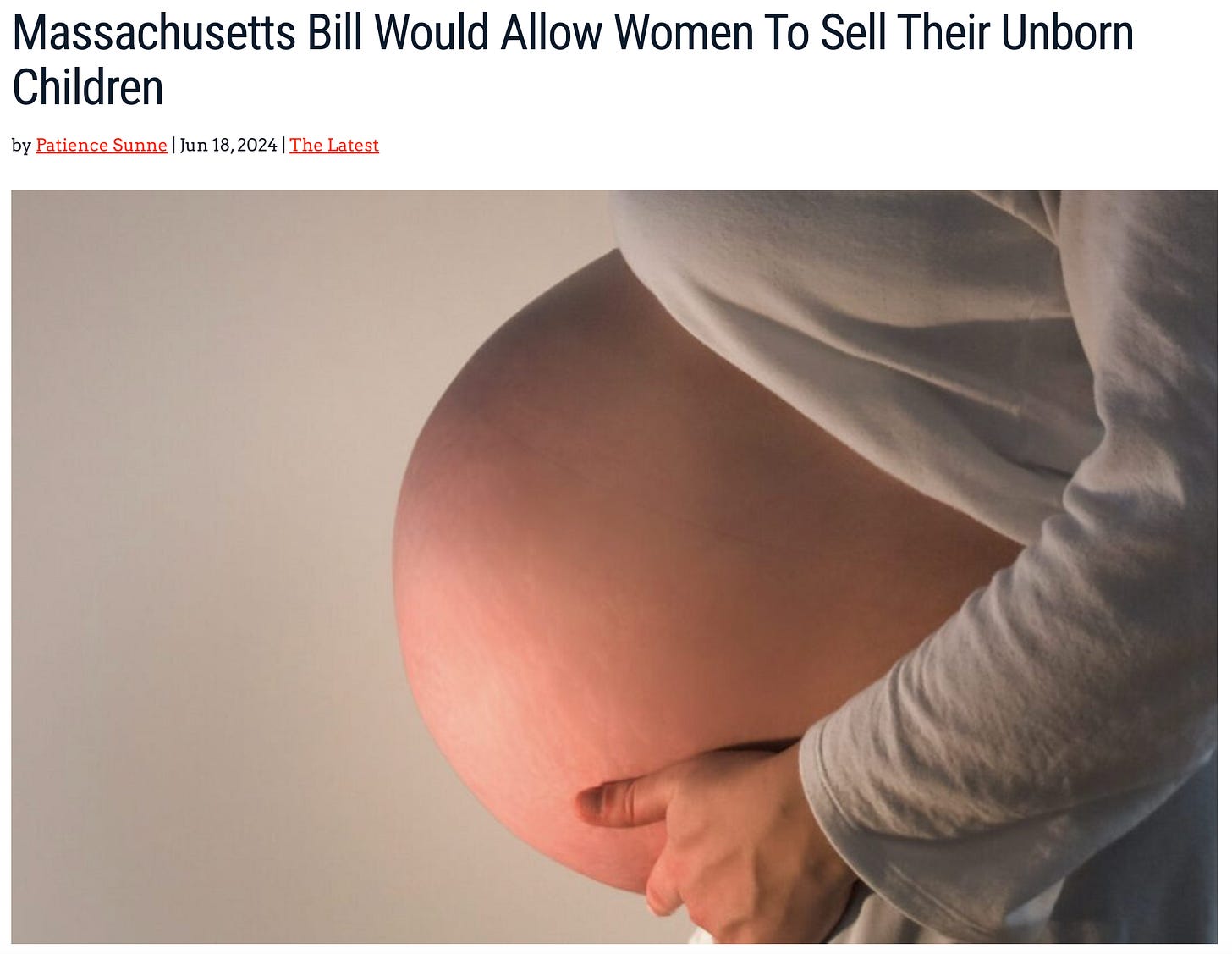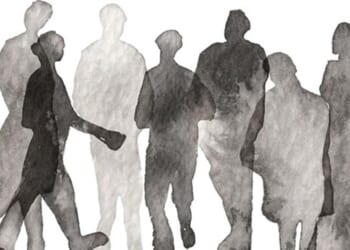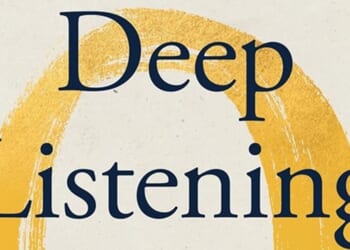(Them Before Us) — Picture this: you’ve just had a baby. You’re exhausted, relieved, in love. A doctor steps in, voice steady: “You’ll be switching babies with the family across the hall. The swap is immediate and irrevocable. Thank you.” No reason. No warning.
Your baby is taken to the other family, and their baby is placed in your arms.
How does that make you feel?
Instant revulsion? Good. That’s natural. What you are feeling is the moral law that lives inside almost everyone: children have a right to their own mother and father – they belong with them. Your stomach drops because you know that a relationship is being severed that no one has the authority to cut.
READ: GOP congressmen call for investigation into FDA officials who approved new abortion drug
Now, let’s take it a step further.
What if both couples agree? What if one baby’s hair color “fits” better with one mom’s look, or the other baby’s eye color or skin tone seems like a more “perfect match”? Now, if both sets of parents say yes, does that make it right?
No! We still feel the same knot. Why? Because adults going along with it doesn’t stop the bond from being broken. It doesn’t magically convert someone else’s child into ours. Whether we agreed to it or not, the child will inevitably grow up with painful questions that require us to confess that we took them from the two people who created them.
Let’s go one more scenario down this slippery slope.
Suppose one of the consenting couples gets cold feet. They worry their child will resent them, so they back out. The other couple, still eager to swap, offers them $50,000. They call it a goodwill payment. Something to help put their mind at ease and compensate for the difficulty of carrying their soon-to-be-swapped child. The hesitant couple relents and accepts the funds, knowing full well that they will one day have to share how much that relationship was worth. Is it good now?

Here is the hard truth: versions of these scenarios are legal. Why? Because when the law declared same-sex marriage “equal” and entitled to the same “benefits,” our courts had to enforce new paths to give couples children. If same-sex couples were to be “equal,” they would need kids. Kids that in fact belonged with and to their mother and father.
(TL;DR? The Supreme Court thinks your biological connection to your child is a figment of your imagination.)
Biology, which once anchored how we decided parentage (“the child always belongs to the man and woman who created him or her”), became an obstacle. After all, same-sex couples do not have an “equal” ability to procreate.
Therefore, procreation had to be purchased from others, and children had to be detached from their natural mother and father (all legalized and facilitated by the courts at the demand of the same-sex marriage ruling).
Biology, then, was made to submit to a new, “higher” legal and moral authority: intent-based parentage. Under this new order, biology must bend the knee to a version of parenthood assigned not primarily to the people who created the child, but to the adults who intend to raise the child, often memorialized in contracts, payments, and pre-birth orders.
The question changed from: “Who does this child belong to?” to “Who wants this child the most?”
READ: Spanish government demands registry of doctors who object to committing abortion
Once the law says “the intending adults are the parents,” it becomes much easier to justify baby swaps, donor conception, surrogacy contracts, and pre-birth parentage orders that cut off the child’s right to his or her own mother and father before the child can breathe. We moved from a child’s right to know and be raised by the people who made them – to adult desire – to acquire a child by purchase.
This is why the hospital thought experiment is so clarifying. We instinctively reject the swap because we know a child is not an accessory. We know origin matters. We know stories matter. We know faces matter – mom’s and dad’s. And we know that the first job of the law in family matters is to protect the child’s pre-existing bond to mother and father, not to dissolve it for adult convenience, preference, or even sincere longing.
That’s the problem with same-sex marriage. It is not a hatred of adults, but a concern for the rights and well-being of children. The legal consequences of that Supreme Court decision have required us to replace biology with paperwork, rights with contracts, and a child’s mother-and-father with “intended parents.”
The result is a system where babies no longer belong to someone but can be assigned to anyone.
Children don’t belong to the state, or to a marketplace, or even to the couple who wants them most. Children belong to the mother and father who created them.
Reprinted with permission from Them Before Us.














